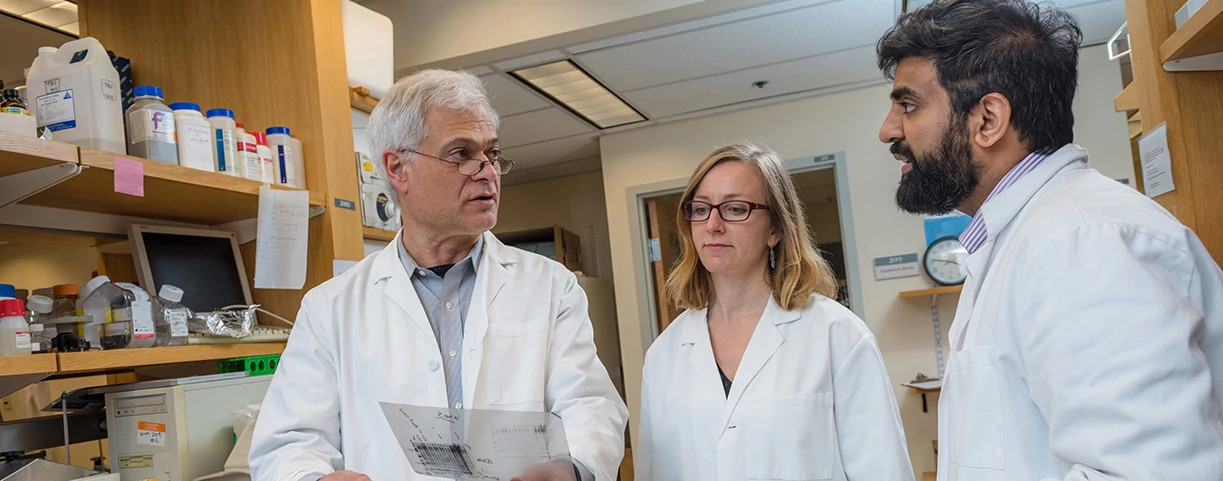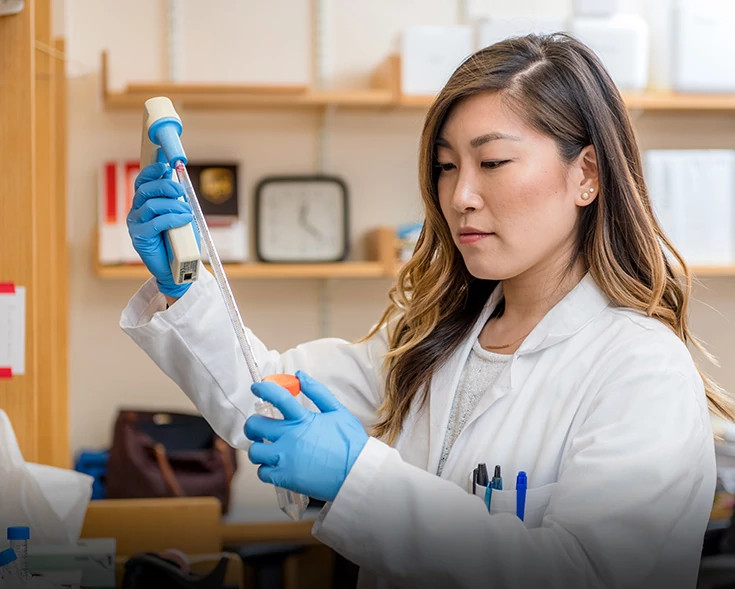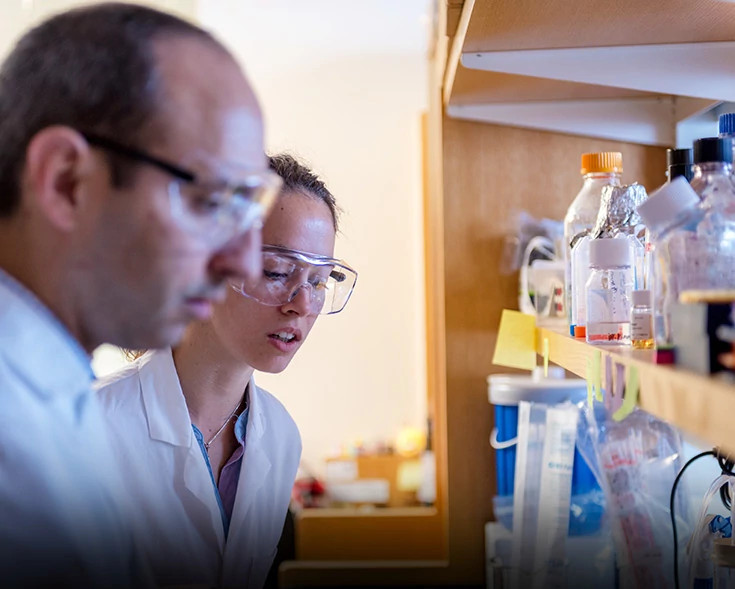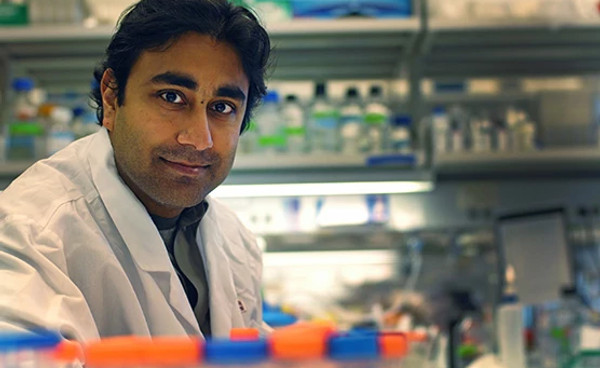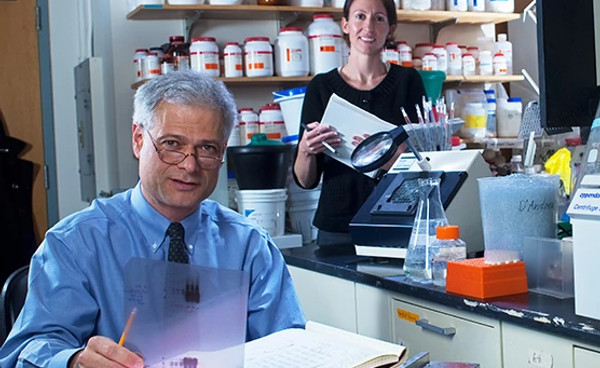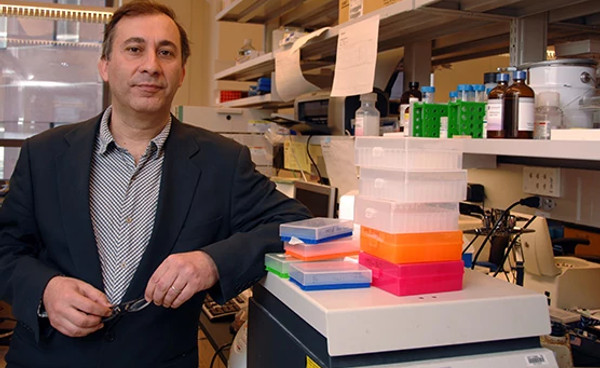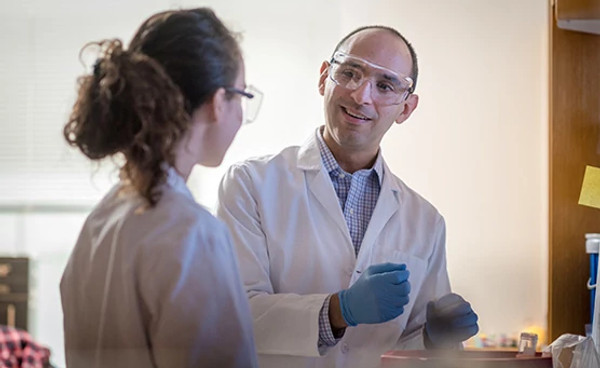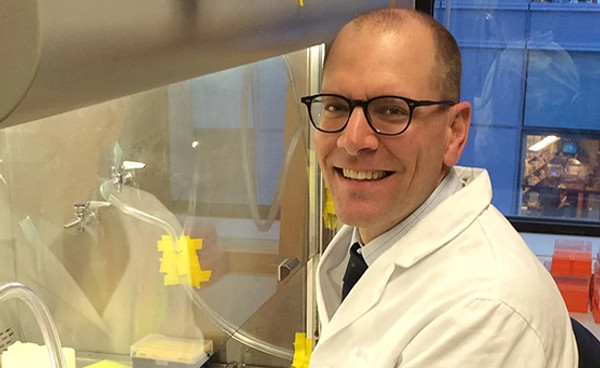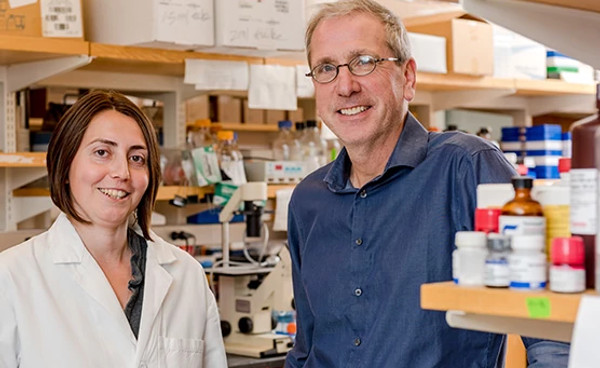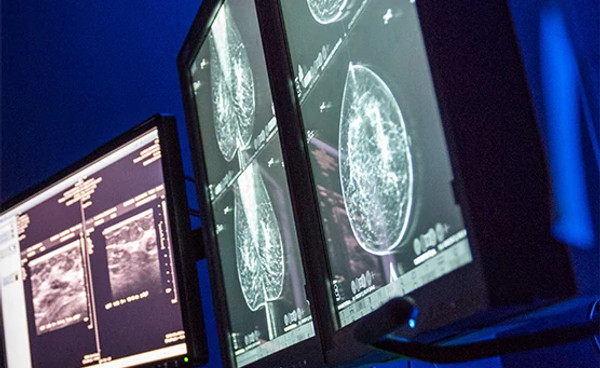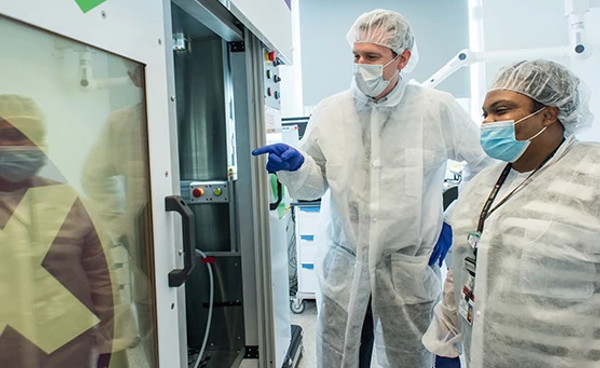The Department of Radiation Oncology is committed to combining advances in clinical research and laboratory research with developments in radiation physics — to promote a better understanding of the biology of cancer and the improvement of treatment methods.
Our Research Themes
The unifying research aim of the department is the understanding of genomic instability in human cancer in order to tailor therapies for cancer patients. Departmental research is focused on the treatment of tumors and on increasing the understanding of treatments at the molecular and cellular levels. Our research involves collaboration with other fields as we aim to better identify and treat cancer.
Our members' research laboratories are advancing the department's aim and focus in the following ways:
